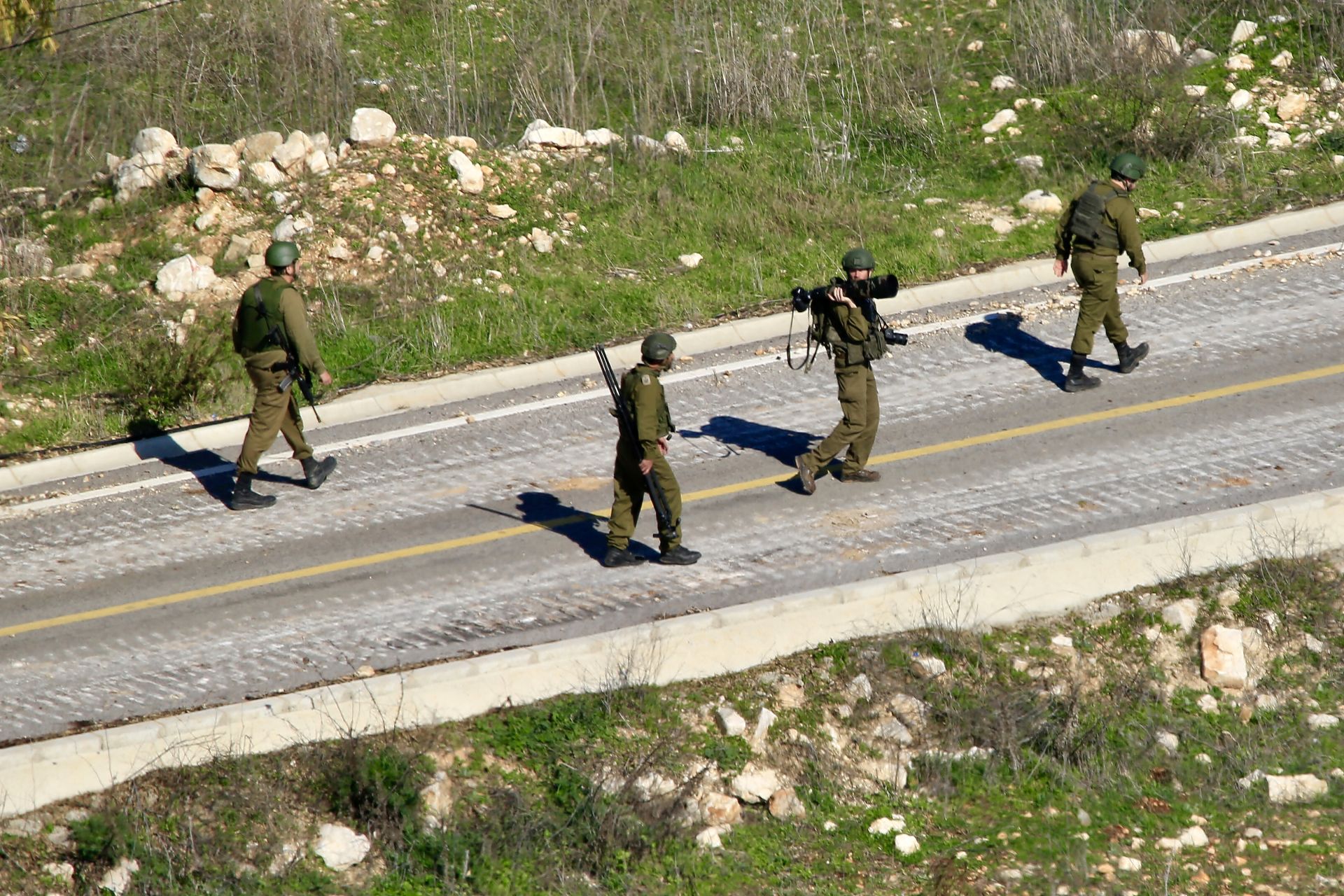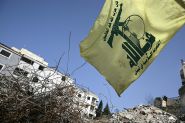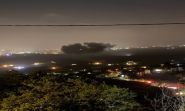
The Israeli army was still deployed in southern Lebanon on Sunday despite the expiry of the 60-day deadline by which it was supposed to have left the territory of its neighbour, as part of a truce with Lebanese Hezbollah.
The Lebanese army denounced Israel's ‘procrastination’ on Saturday and said it was ready ‘to continue its deployment as soon as the Israeli enemy withdraws’.
Under the terms of the agreement that ended the two-month war between the powerful Hezbollah movement and Israel on 27 November, only the Lebanese army and UN peacekeepers can now be deployed in southern Lebanon, from where the Israeli army was supposed to have completed its withdrawal on 26 January.
The Israeli army has evacuated the entire coastal region of southern Lebanon, but is still occupying areas further east.
For its part, Hezbollah, weakened by the war, must withdraw its forces north of the Litani river, around 30 kilometres from the border, and dismantle any remaining military infrastructure in the south.
However, Israeli Prime Minister Benjamin Netanyahu's office said on Friday that the withdrawal of Israeli forces would continue beyond the 26 January deadline.
‘As the ceasefire agreement has not been fully implemented by Lebanon, the phased withdrawal process will continue in agreement with the United States’, he said, while the application of the agreement is supervised in particular by the United States.
Taking the view that the Lebanese army and Hezbollah had not respected the terms of the agreement, Israel ‘will not endanger its localities and citizens’ in the north of the country, he added.
Hostilities between Israel and Hezbollah had forced 60,000 people in Israel and 900,000 in Lebanon to flee their homes on either side of the border.
Hezbollah MP Ali Fayyad said on Saturday that ‘the pretexts invoked by Israel’ were aimed at ‘pursuing a scorched earth policy’ and making ‘the return of the inhabitants (to the south) impossible’.
In a telephone conversation with his French counterpart Emmanuel Macron, Lebanese President Joseph Aoun stressed ‘the need to force Israel to respect the provisions of the agreement in order to preserve stability in the south’, the Lebanese Presidency said on Saturday.
He also stressed the need for Israel ‘to put an end to its successive violations, in particular the destruction of border villages (...) which will prevent the return of the inhabitants’.
Despite the truce, the Israeli army is carrying out regular strikes, claiming to be targeting Hezbollah, and the official Lebanese news agency ANI is reporting dynamite explosions in villages that are still occupied.
This fragile truce has been marked by accusations of violations by both sides.
Claiming to be acting in support of its ally Hamas, Hezbollah opened a front against Israel in the wake of the Palestinian Islamist movement's unprecedented attack on Israeli soil on 7 October 2023, which triggered the war in the Gaza Strip, where a truce has also been in force since 19 January.
This front degenerated into open warfare last September, with Israel bombing the capital Beirut and inflicting several heavy blows on the powerful Lebanese movement, including killing its leader Hassan Nasrallah.
Hezbollah declared on Thursday that ‘any violation of the 60-day deadline would be considered a flagrant violation of the ceasefire agreement’.
This would oblige the Lebanese state to use ‘all necessary means (...) to recover the land and wrest it from the clutches of the occupation’, the movement added, without threatening to resume its attacks.
With AFP.



Comments